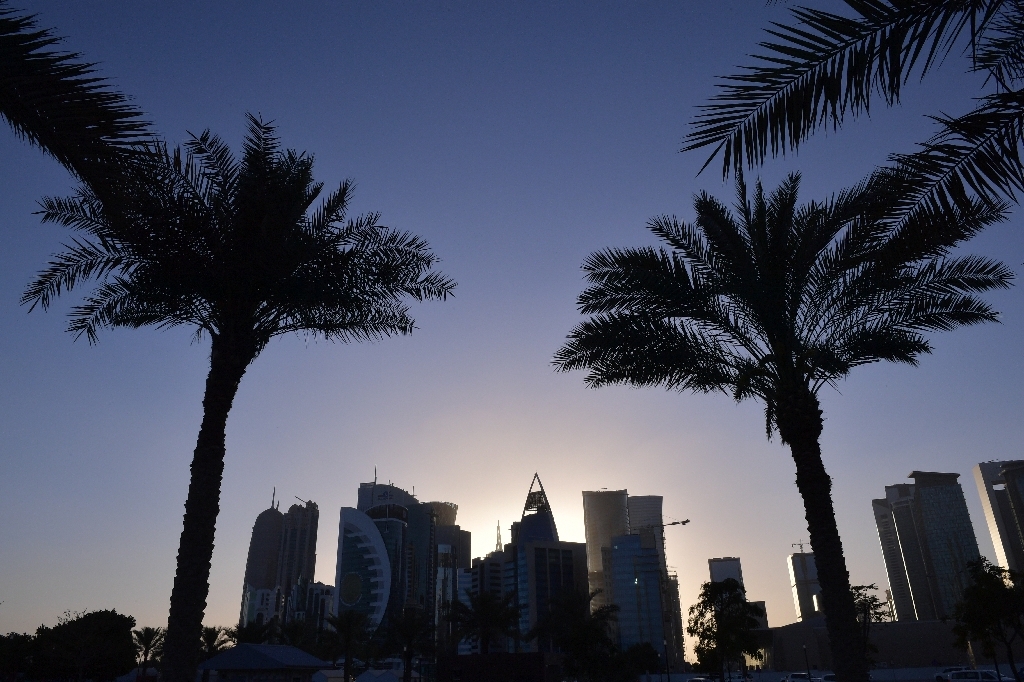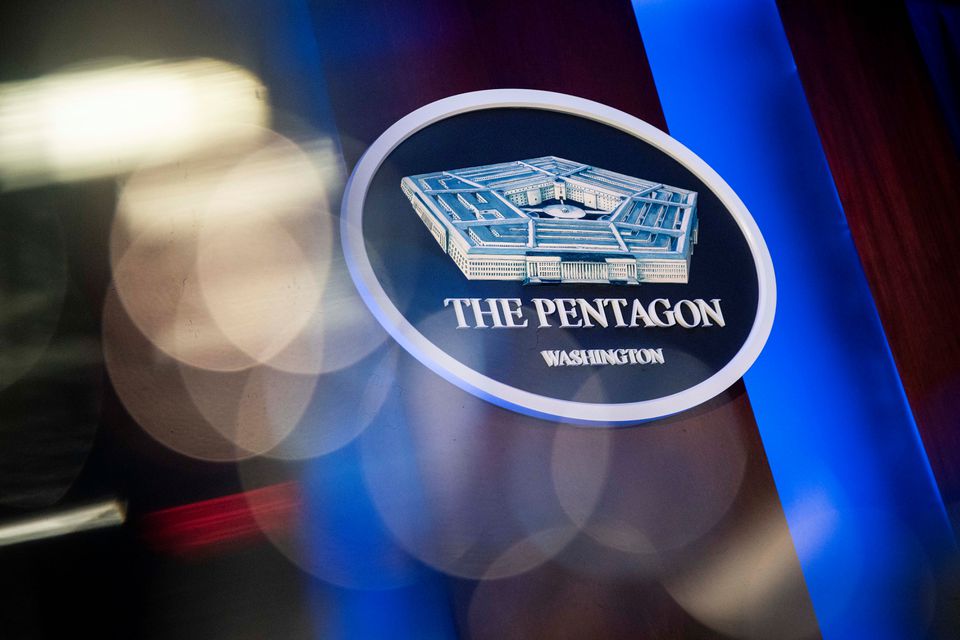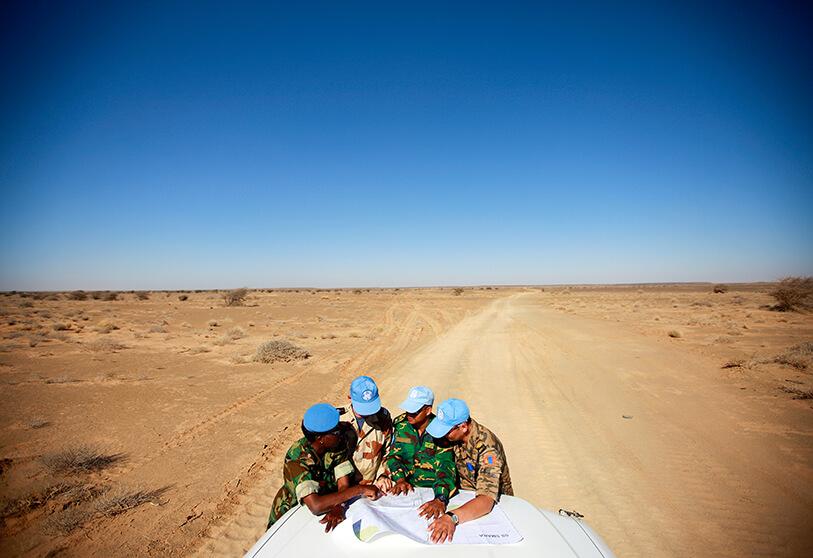European Centre for Counterterrorism and Intelligence Studies-Germany and Netherlands
By AFP
The United Arab Emirates accused Qatar on Monday of backing “terrorism and extremism” as the three-year-old Gulf diplomatic crisis returned to the UN’s top court.
Abu Dhabi urged the Hague-based International Court of Justice (ICJ) to throw out a case brought by Doha claiming measures taken against Qatar amounted to racial discrimination.
Saudi Arabia, Bahrain, the UAE and several other allies severed ties with Qatar in a shock move in 2017, accusing Doha of backing terrorism and siding with their regional rival Iran.
They imposed an effective blockade by land, air and sea, and ordered the expulsion of Qatari nationals. Qatar dragged the UAE to the ICJ a year later seeking to get the measures lifted.
The allies faced a “grave threat brought by Qatar’s support for terrorism and extremism,” Abdallah al-Naqbi, director of the international law department at the UAE foreign ministry, told the court via videolink.
“This has nothing to do with racial discrimination.”
Qatar’s case at the ICJ says that the UAE’s actions breached the 1965 International Convention on the Elimination of All Forms of Racial Discrimination (CERD).
Gulf rift
Qatar is due to give its response on Wednesday, with the rest of the hearings — which are all taking place by videolink due to the coronavirus pandemic — due on Friday and Monday.
But a final ruling by the ICJ, which was set up in 1946 after World War II to rule in disputes between member states of the United Nations, could take years.
The court issues binding judgments but has no means of enforcing them.
The crisis between Qatar and the Saudi-led blockading nations shows no sign of relenting despite rising international pressure to end the feud.
Doha strongly denies the allegations and has refused to meet the demands that also stipulate the closure of its flagship state-funded broadcaster Al Jazeera.
The UAE’s Al-Naqbi said that his country and Qatar “share historical bonds dating back to ancient times”, and that Abu Dhabi was “open to close the Gulf rift” with the help of third parties.
Build bridges
Doha had already acted to address “imperfections” in its initial response, such as holding off any deportations and allowing Qataris to enter the UAE “subject only to an application process and security screening,” he said.
In an apparent reference to the UAE’s historic normalisation of ties with Israel, al-Naqbi said that “as the court will have noted from other recent events, the UAE’s aspiration as a nation is to be open and to build bridges.”
The case has gone Qatar’s way so far, with the ICJ in 2018 ordering the UAE to take emergency measures to protect the rights of Qatari citizens, pending the start of full hearings in the case.
In that year Qatar accused the UAE of creating a “climate of fear” for Qataris living there.
The legal ping-pong continued when the United Arab Emirates last year filed its own case seeking emergency measures to stop Qatar “aggravating” the dispute, only to have the court reject it.
Qatar then won a separate but related case at the ICJ in July that is specifically about the air blockade. Its rivals had appealed a decision by the world civil aviation body in favour of Qatar over sovereign airspace




